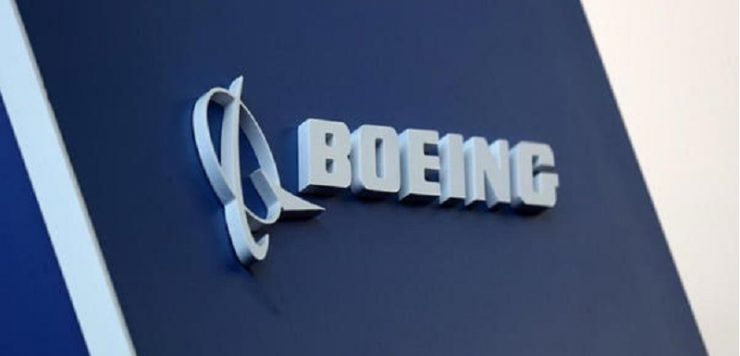THE TRADE war between the United States (US) and China has had a negative impact on many business sectors, including Boeing. As reported by Reuters on Friday (04/18/2025), China cancelled Boeing’s aircraft import agreement after US President Donald Trump declared “war” on reciprocal import tariffs.
There are reportedly four new 737 MAX airplanes at the completion and delivery center in Zhoushan, China. At this facility, Boeing installs the interiors and paints the aircraft before they are delivered to customers in China.
According to Flightradar24, three planes arrived in March, and another plane arrived last week from Boeing’s Seattle facility. However, aviation publication The Air Current recently reported that one of the three planes was marked to be returned to the United States without a transfer process.
Uncertainty over tariff changes could delay many aircraft deliveries. Several airline CEOs have also reportedly chosen to delay aircraft deliveries rather than pay import duties.
Boeing Eyes Indonesian Market Boeing has historically shipped about a quarter of its planes to China, but that share has declined due to past trade tensions, the 737 MAX safety crisis and the impact of the Covid-19 pandemic.
Analysts say the short-term halt to China will not have a major immediate impact on Boeing because the planes can be diverted to other airlines.
In the long term, however, China remains a strategic market for Boeing. The company expects China to more than double the size of its fleet by 2043, and the country is projected to surpass the U.S. in air traffic.
The uncertainty over airplane deliveries adds to a growing list of problems for Boeing, which is slowly recovering from a difficult year that included worker strikes, increased regulatory scrutiny and ongoing supply chain disruptions.
Boeing says it still has 130 unfilled orders from Chinese airlines and leasing companies, including 96 737 MAXs. Industry sources say the bulk of the more than 760 unfilled orders are likely to come from China.
Recently, Boeing reached out to Indonesia, offering to meet up to 85% local content requirements (TKDN) if Indonesia is interested in purchasing the F-15EX fighter jet.
According to Boeing’s Chief Executive Officer (CEO) for Southeast Asia, Penny Burtt, it is important to strengthen the local supply chain to build industrial resilience.
“If Indonesia selects the F-15EX, Boeing will meet 85 percent of the requirement through local production and support. We have a strong and dedicated team that has visited Indonesia several times over the past year to explore partnership and investment opportunities,” he said in his official statement.
In addition, Boeing also encourages the participation of local companies to become part of the F-15EX ecosystem in Indonesia. Boeing also sees significant potential for collaboration in supply chain, MRO and training. This area can promote skills transfer, job creation, and support a competitive local aerospace ecosystem.
In August 2023, Indonesian President Prabowo Subianto, then serving as Indonesia’s defense minister, signed a cooperation agreement with Boeing for the purchase of the fighter jet. [sources/photo special]
















